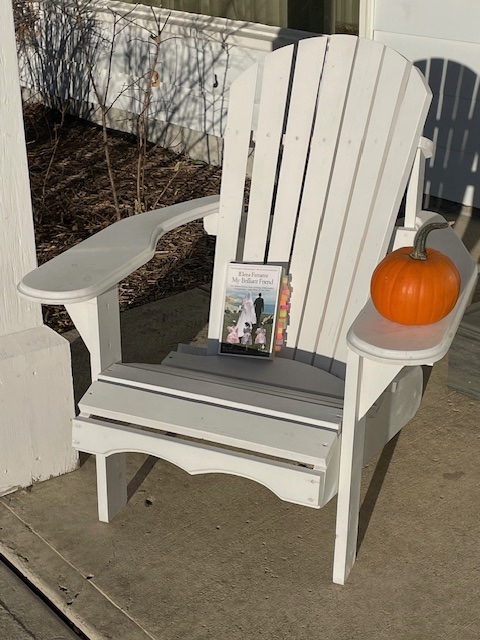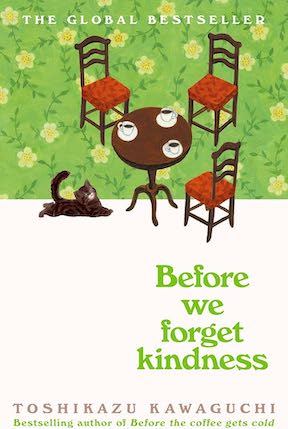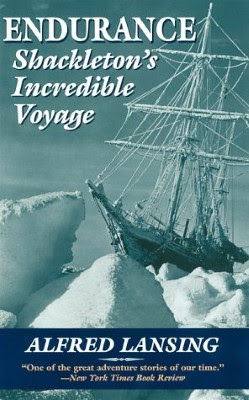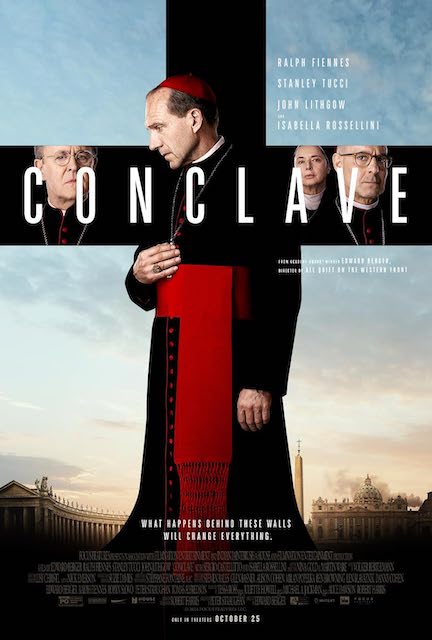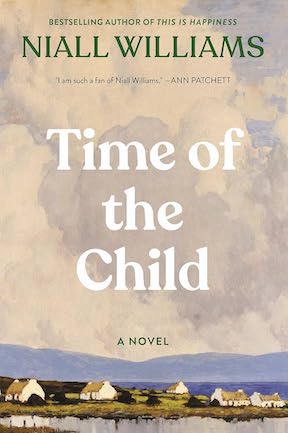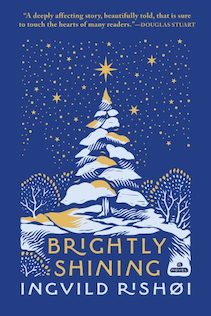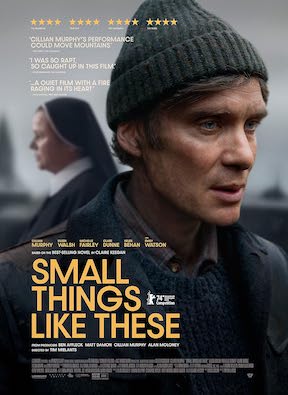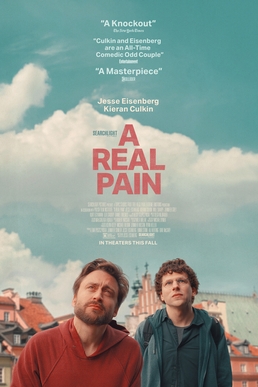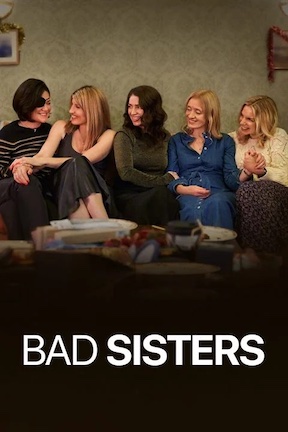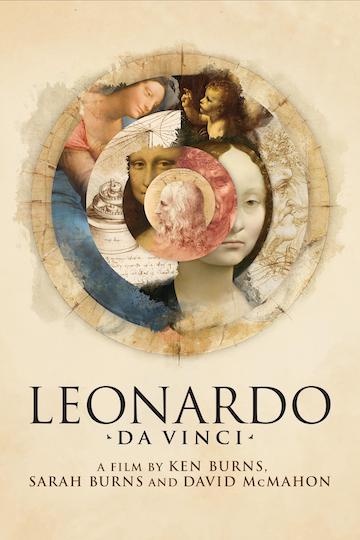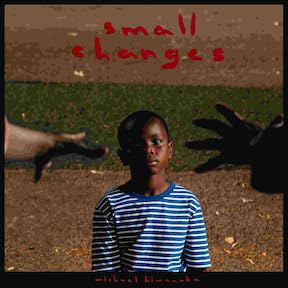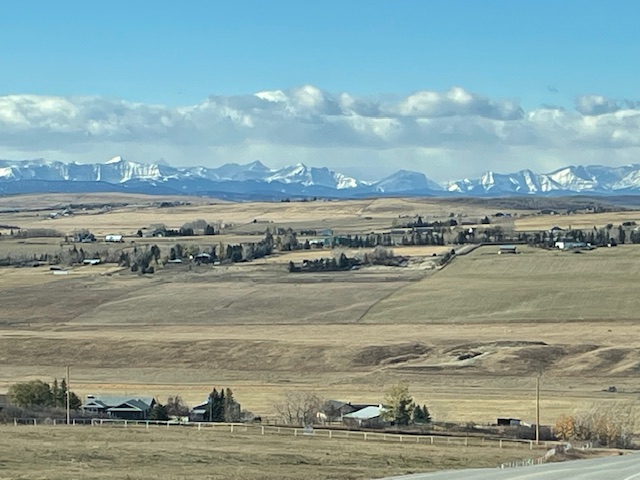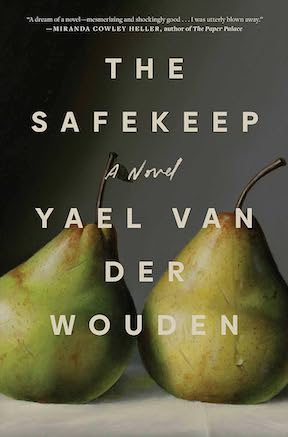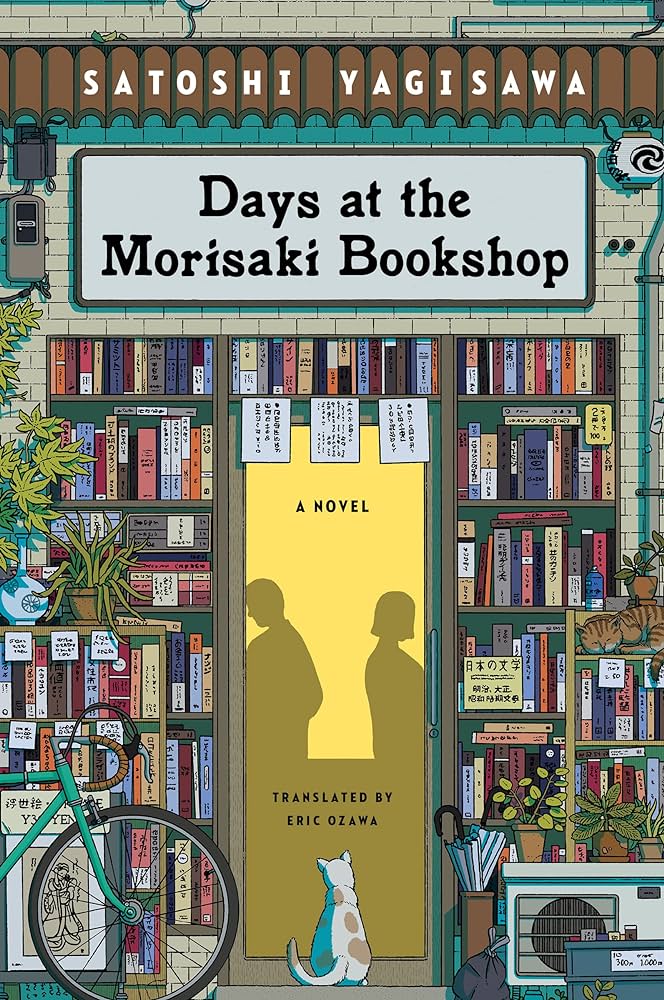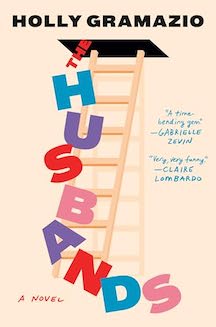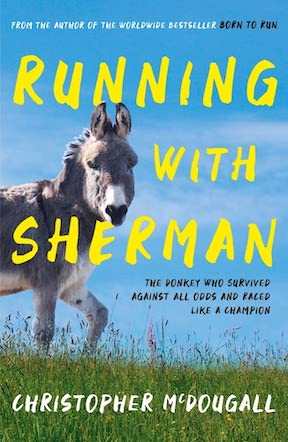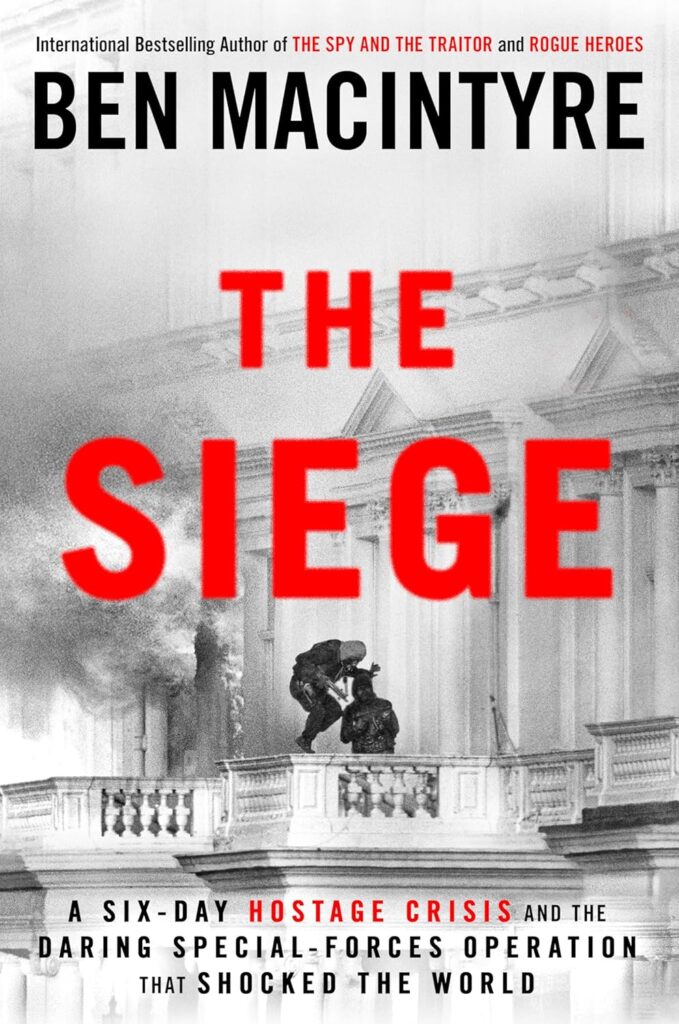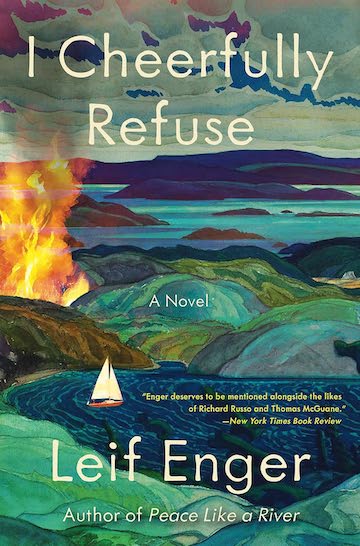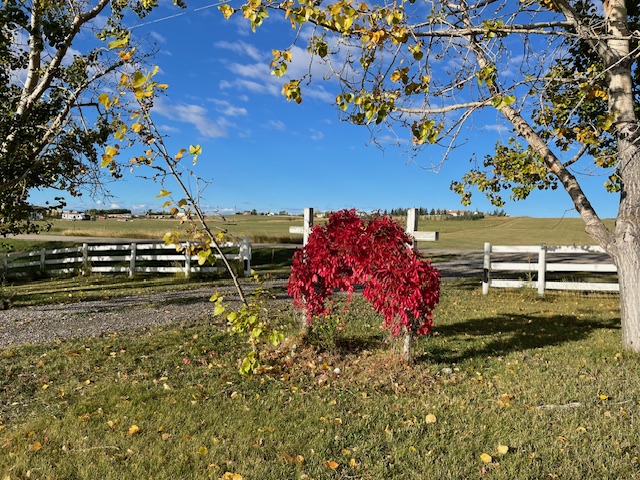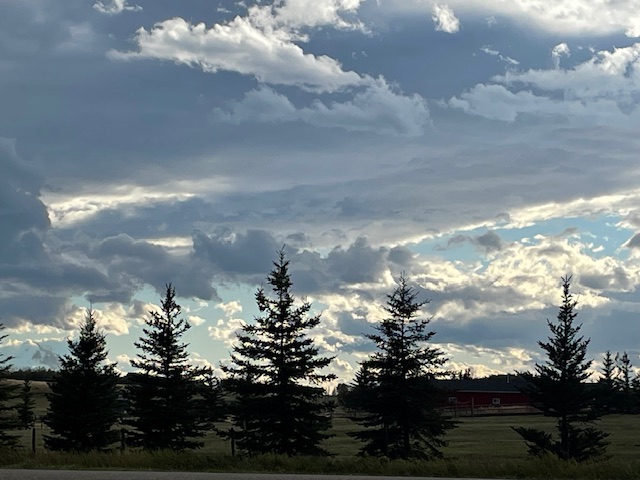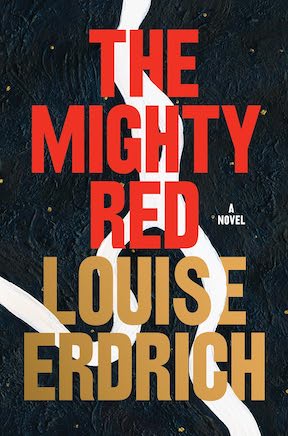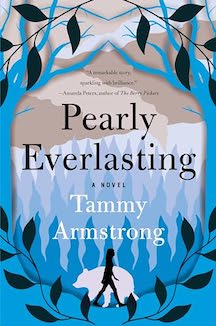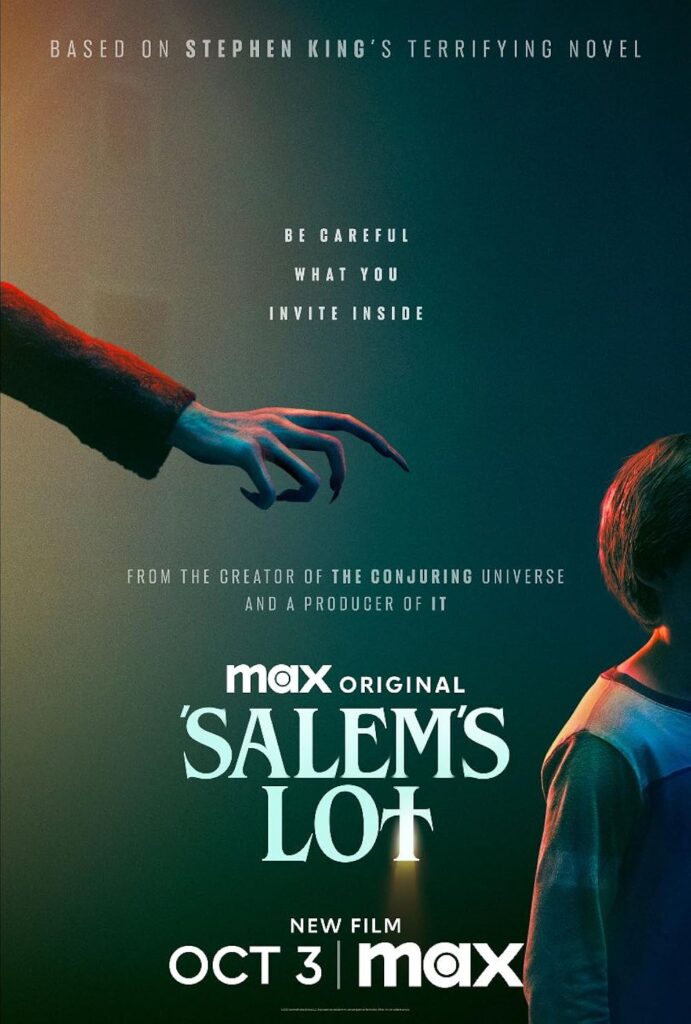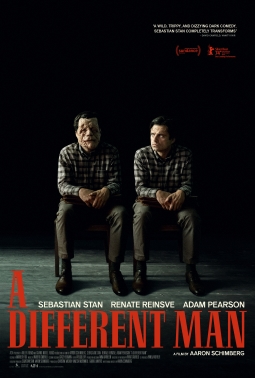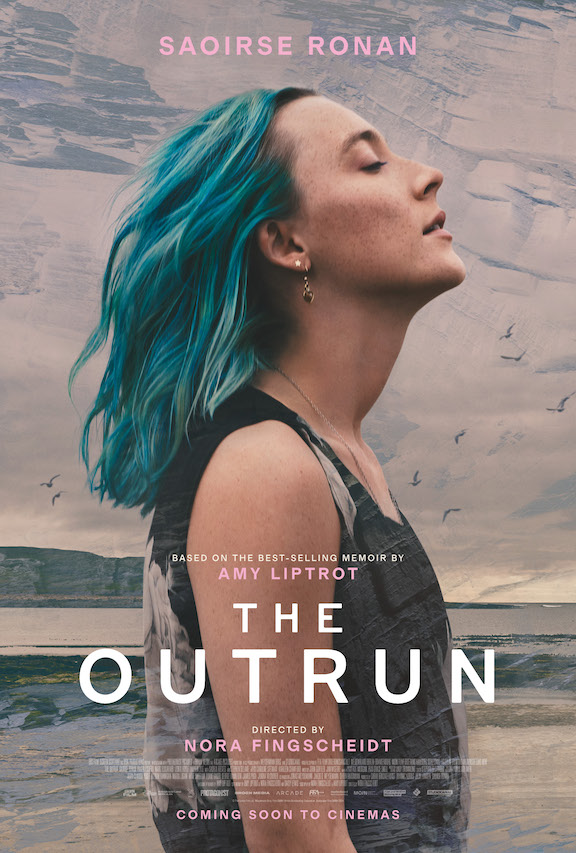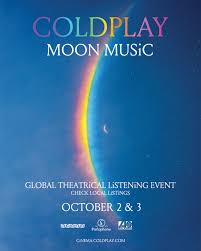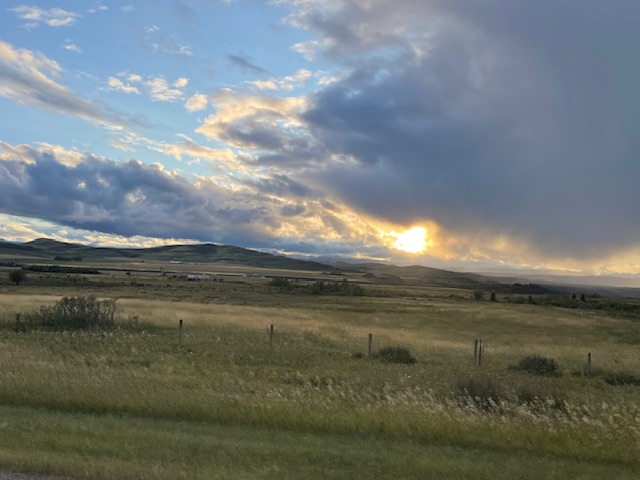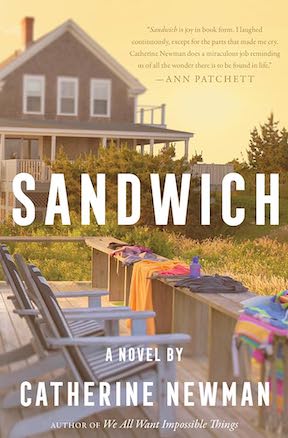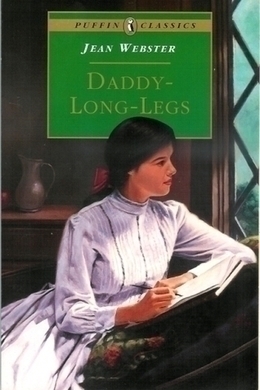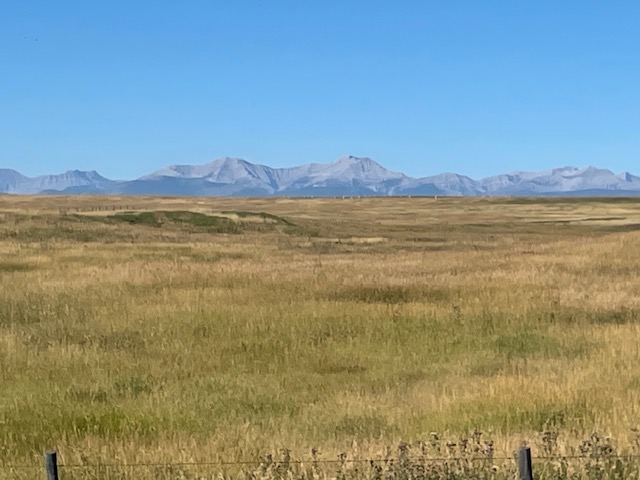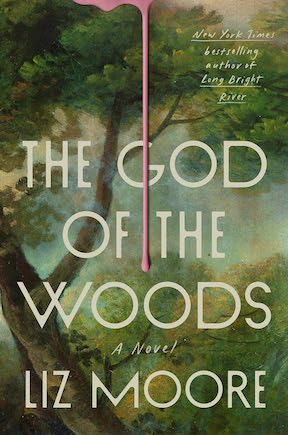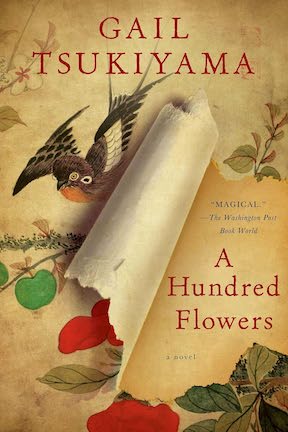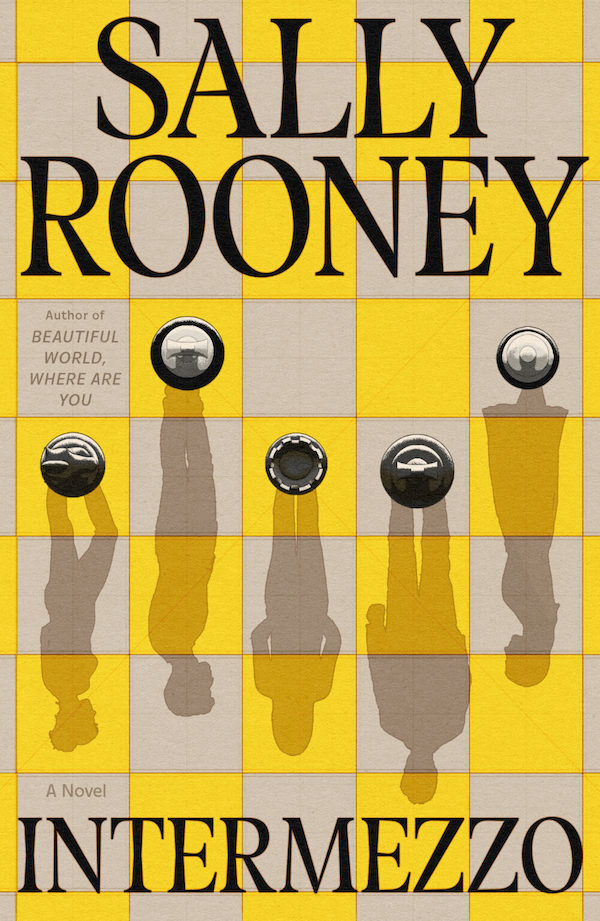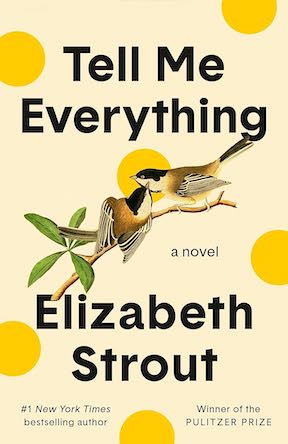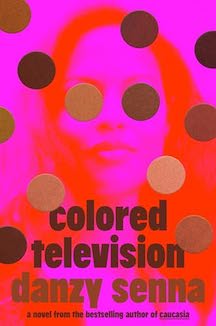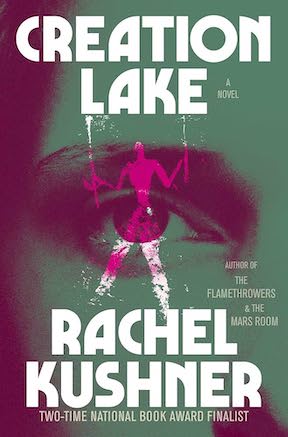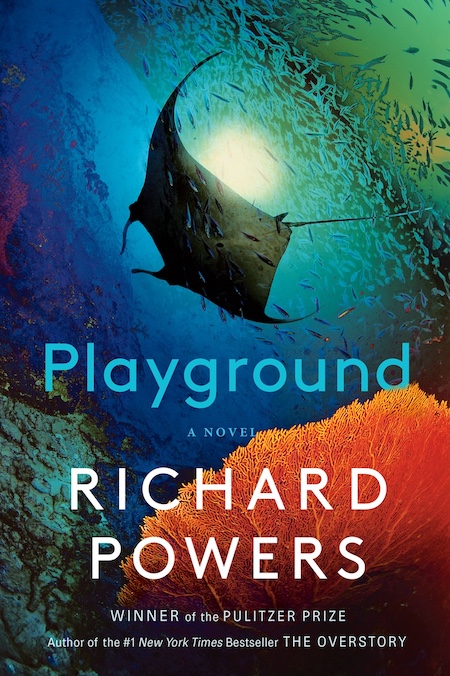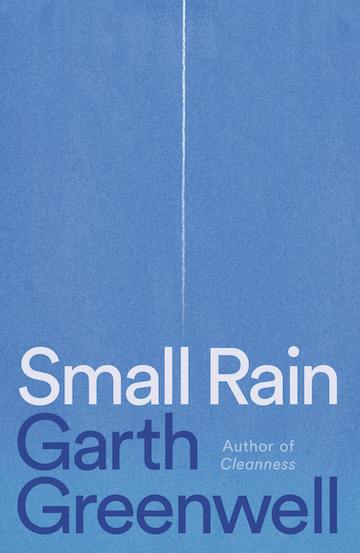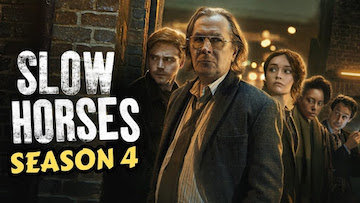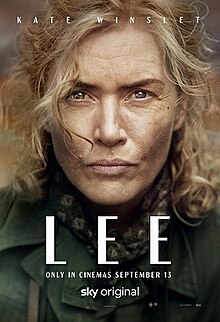
Hi all. I hope everyone is doing all right. I don’t know about you — but I’m still in a post-election news blackout and feel it suits me and my headspace nowadays. Who wants to witness whatever chaos lies ahead? It’s a new dawn here, see the sunrise from this week. Meanwhile I have more time to do other things, like read books, walk the dogs, do my part-time jobs, and take care of the homestead. And recently I received news that my next knee replacement is not going to be till February or March. I’ve been on a long surgery wait list.
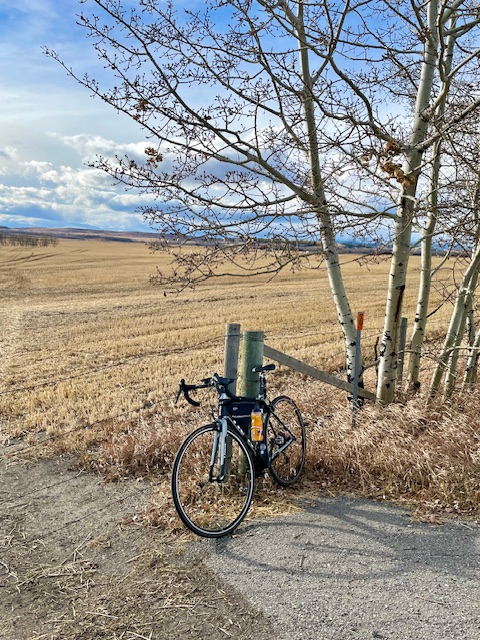
There’s so many oldsters who are in need of joint replacements and only so many operating rooms in the city, so you must wait your turn. The replacements certainly work well (my first one went according to plan) and will allow me hopefully to keep active till late in life. I was able to bike this past Monday (see photo at left) since it’s been quite mild for this time of year.
Meanwhile my husband and I have made plans to spend much of December and the holidays in Southern California, visiting my father and brother and we’ll return in January. It’ll be a winter break, which is okay by me. So I need to gear up and get ready for the long road trip ahead.
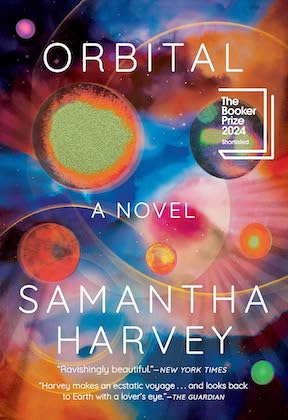
In book news, I see that British author Samantha Harvey won the Booker Prizer this past week for her short 136-page novel Orbital, which is set aboard the International Space Station. Wow! It was quite a surprise since others expected Percival Everett’s novel James, or Yael van der Wouden’s novel The Safekeep to win.
But nope. Harvey’s book of astronauts in space, which apparently is filled with beauty and wonder, grabbed the attention of the judges who didn’t seem to mind that it’s “virtually plotless.” I have yet to read Harvey’s novel, but I intend to. I wonder if I will find the plotlessness a drawback, though it is quite short, so maybe I won’t. The cover is a bit fetching. Have you read this?
And now I’ll leave you with a review of what I finished lately.
My Brilliant Friend by Elena Ferrante / Europa / 331 pages / 2011
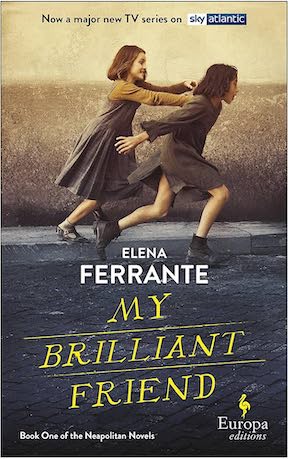
4+ stars. First of all, thanks so much to Tina at the blog Turn the Page for doing a buddy read with me of this much-acclaimed novel. It had been on my shelves for many years and our read-along finally gave me the strong push to pick it up. It also had been named in the New York Times’ survey this past summer as the Best Book of the 21st Century. Whoa! I’m not sure why I had put it off so long, but after all the hoopla — it’s a pretty accessible story about the friendship of two girls from poor backgrounds who grow up in the same neighborhood in Naples, Italy, in the 1950s.
Elena Greco tells their story; she’s the studious good girl who despises her mother and gets high marks in school that allows her to continue on to attend high school. Whereas Lila is the adventurous one when they’re younger. She’s the bad girl in her antics who’s able to read and write brilliantly, but then is forced into working in her father’s shoe shop with her moody brother Rino instead of pursuing more school.
The story follows Elena and Lila’s close friendship and rivalry from ages 6 to 16 and their lives in the neighborhood, which is a pretty rough place … where people wind up dead, parents hit their kids, and bullying, backstabbing, and fighting are commonplace. The two girls inspire and rely on each other in ways to navigate and rise above the circumstances and patriarchal confinements of their lives.
At one point, they hope to write a novel as Louisa Alcott did with Little Women to become well off and independent. They each come to plot ways to transcend their neighborhood, Elena with school, and Lila by designing leather custom shoes to sell and by becoming engaged to a well off young man in the ‘hood. One summer Elena has the good fortune to go to an island to take care of a lady’s kids at the beach. While there, she falls for a boy, but a disturbing event transpires that makes her avoid him later.
After the novel’s accolades, I went into the book not knowing what to expect. But like others, I found it well written — in parts it’s a bit dense with a lot of exposition writing and not a lot of dialogue. Still it really takes you there, and I could picture Elena and Lila’s neighborhood and the people … and the poverty, violence, and the motivations behind the girls’ whims. From early on Elena felt school was the safest place to be.
Many characters from their area inhabit the novel and it was a bit hard to keep track of them all, but the key ones stood out. Their 1950’s setting is quite provincial, sexist, and hard, but I was lured in by the girls’ friendship and how they think highly of one another yet still compete a bit with each other and how they help each other to overcome situations. Lila is at first mean but later seems nicer to Elena than Elena is to her by the end. I’m not sure I preferred one girl over the other. They both seemed bright with potential to break out of their claustrophobic confines. Fingers crossed.
The novel is the first of four in a series. We plan to read Book 2 sometime next year. This novel was translated from the Italian by Ann Goldstein, and was written under the pseudonym of Elena Ferrante. I tried to find the book cover I liked best. And so far, I have not watched the adapted TV series of it. Have you?
That’s all for now. What about you — have you read this and if so what did you think? And are you reading anything great?

